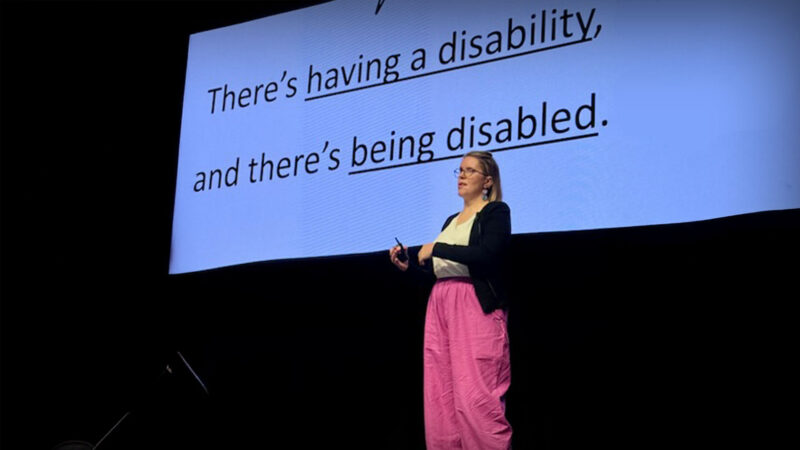Edith de Boer is the HR Director for Zimmer Biomet in Australia and New Zealand. Her career originally was in telecommunications and consulting in Europe. After leaving The Netherlands, Edith worked into the Australian medical research industry, before moving into a human resources role at Zimmer Biomet. Edith spoke to Australian Health Journal about her role and the organisation.
Promoting medical technology as an industry is important for Zimmer Biomet. The organisation runs a program called “Your future in STEM” helping girls at high school children consider STEM as a career, through to career professionals in the “Women-Inspired Network” or WIN as it’s commonly referred to. In clinical professions, the Zimmer Biomet “Women in Orthopaedics” program for female surgeons, acts in an advocate and support role.
Collaboration and work mindset of one team is very important for the organisation, as well as employees having a sense of belonging and being included. So whilst, talent can be difficult to find in the current market, Zimmer Biomet staff are together taking a journey of change that’s occurring across the industry.
Upbeat Edith’s energy is refreshing! Anyone looking to enter the medical technology industry and specifically the humans resources role can make a difference to people’s lives. Her advice? Be creative, work hard and have a growth mindset.
You Might also like
-
FULL FEATURE Consumers and communities as agents of health care change and improvement
Policymakers, health administrators and clinicians must learn and embrace new ways to harness the transformative role consumers, community members and carers can play. Conversely, consumers and communities need support, capability and capacity to engage as equals in policy, research, program and service design. This is necessary if are to be less technocratic and realise the vision where all members of society can live the best life possible.
-
Contrasting Population Needs and Alternative Funding Models
Dr Jaspreet Saini is a GP with a decade of experience, practicing in West Pennant Hills and Rooty Hill, New South Wales. He began his medical journey at Monash University, followed by internships and residency at Blacktown Hospital, in Western Sydney. Instead of confining himself to a single specialty, he pursued general practice to explore various facets of medicine.
-
Reducing patient accessibility barriers in the clinical setting
Hannah McPierzie is a globally respected presenter, disability advocate, and educator who offers a unique perspective on disability and communication. She lives with Neurofibromatosis Type 2, a rare degenerative condition, and has two auditory brainstem implants. After 15 years teaching in the disability sector, Hannah acquired disability herself in 2020, when life-saving surgery left her deafblind.



